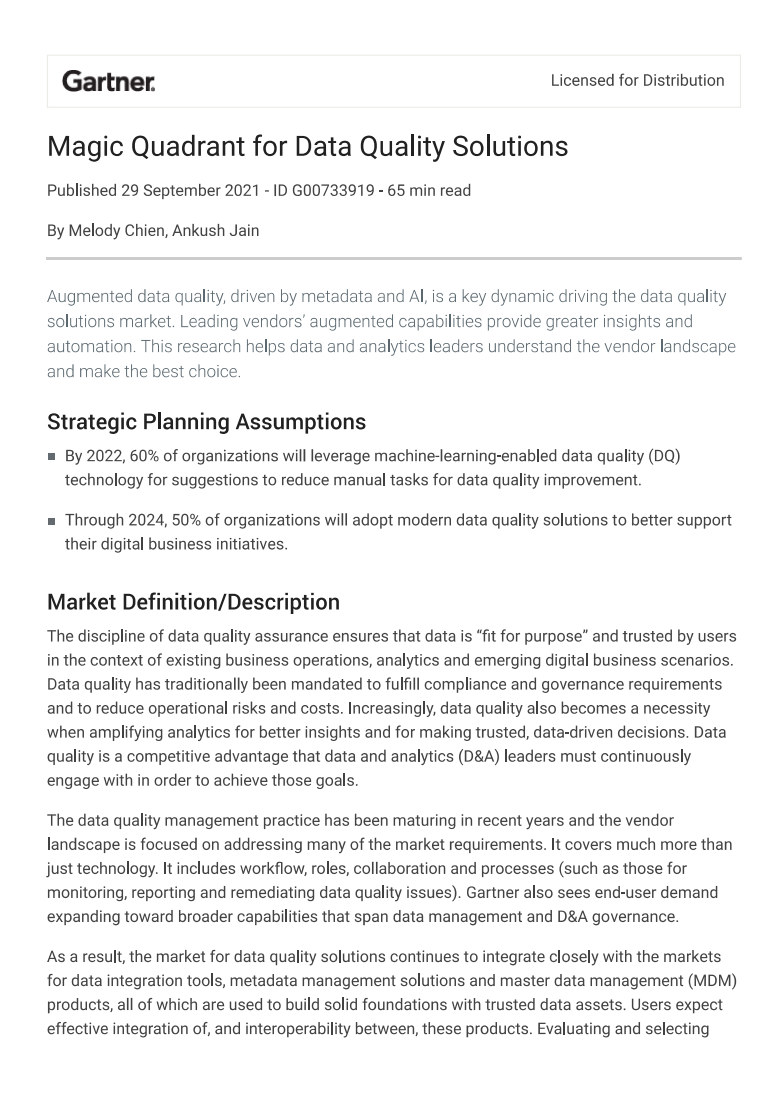Google won't respond to data requests from Hong Kong authorities
Google ends cooperation with Hong Kong authorities in response to sweeping national security law

Sign up today and you will receive a free copy of our Future Focus 2025 report - the leading guidance on AI, cybersecurity and other IT challenges as per 700+ senior executives
You are now subscribed
Your newsletter sign-up was successful
In response to a new national security law imposed by China, Google says it will no longer fulfill data requests from Hong Kong authorities. Google has not fulfilled any such requests since the law went in to effect this past June.
Google’s move comes in response to a sweeping national security law targeting vaguely defined crimes such as subversion of state power, colluding with foreign powers, terrorism and succession.
The law also allows for the arrest of those who aid or protect suspects accused of violating the law, along with those who refuse to comply with authorities requesting data related to national security. Google is just one of many tech companies with team members located in Hong Kong.
The national security law has drawn criticism from the Trump administration and, as a result, has further raised tensions between the US and China.
"As always, authorities outside the US may seek data needed for criminal investigations through diplomatic procedures," Google said in a statement to Reuters.
The company added that it reviewed all requests for user data and, to protect the privacy of its users, pushed back on data requests it deemed to be "overly broad."
On Thursday, Google notified Hong Kong police that instead, it would direct officials to purse data requests through a Mutual Legal Assistance Treaty with the US. According to The Washington Post, doing so would involve routing data requests through the US Justice Department.
Sign up today and you will receive a free copy of our Future Focus 2025 report - the leading guidance on AI, cybersecurity and other IT challenges as per 700+ senior executives
A spokesman for the police said it will "continue to request information or cooperation" from relevant organizations to assist with investigations and will do so with respect to the law and previously established privacy guidelines.
Though it has only been in effect for a short time, the national security law has had a widespread effect in Hong Kong. While many residents chose to delete their social media accounts following the law’s passage, many activists chose to flee the city altogether.
-
 ITPro Best of Show NAB 2026 awards now open for entries
ITPro Best of Show NAB 2026 awards now open for entriesThe awards are a fantastic opportunity for companies to stand out at one of the industry's most attended shows
-
 Mistral CEO Arthur Mensch thinks 50% of SaaS solutions could be supplanted by AI
Mistral CEO Arthur Mensch thinks 50% of SaaS solutions could be supplanted by AINews Mensch’s comments come amidst rising concerns about the impact of AI on traditional software
-
 “Public trust has become the new currency for AI innovation”: Why SAS is ringing the alarm bell on AI governance for enterprises
“Public trust has become the new currency for AI innovation”: Why SAS is ringing the alarm bell on AI governance for enterprisesNews Demonstrating responsible stewardship of AI could be the key differentiator for success with the technology, rather than simply speed of adoption
-
 The CEO's guide to generative AI: Be a creator, not a consumer
The CEO's guide to generative AI: Be a creator, not a consumerWhitepaper Innovate your business model with modern IT architecture, and the principles of trustworthy AI
-
 Building a strong business case for GRC automation
Building a strong business case for GRC automationwhitepaper Successfully implement an innovative governance, risk & compliance management platform
-
 Sundar Pichai: AI keeps me up at night
Sundar Pichai: AI keeps me up at nightNews The Google chief warned that recent AI developments will have a profound impact on society
-
 ChatGPT privacy flaw exposes users’ chatbot interactions
ChatGPT privacy flaw exposes users’ chatbot interactionsNews OpenAI has not expanded on the flaw in detail, nor indicated its reach
-
 2022 Magic Quadrant for data integration tools
2022 Magic Quadrant for data integration toolsWhitepaper Using research to evaluate suitable vendors for their existing and upcoming data integration use cases
-
 Redefining modern master data management in the cloud
Redefining modern master data management in the cloudWhitepaper Why you need a modern MDM solution built for the cloud
-
 Magic quadrant for data quality solutions
Magic quadrant for data quality solutionsWhitepaper Amplifying analytics for better insights and for making trusted, data-driven decisions